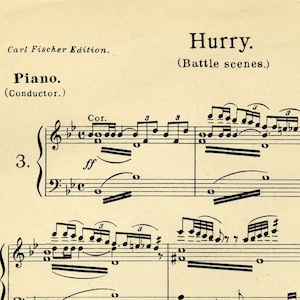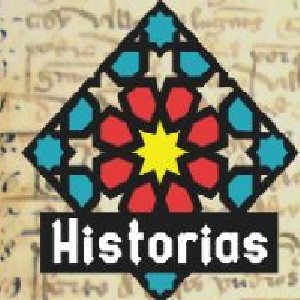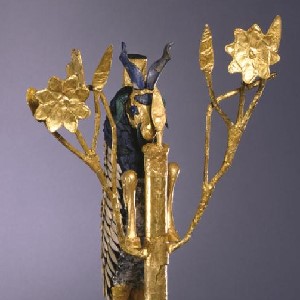Browse
Culture

Source
Silent Film Sheet Music
Music permeates cultures around the world. From movies, sporting events, funerals, weddings, and religious services, it is hard to imagine life without music in the background. Take, for example, this sheet music from the early twentieth century.
Review
Primary Source: Educating Global Citizens
Such sources are indeed a superb addition to one’s class; unquestionably the materials on the Primary Source site can help enhance any class.
Review
Historiana
In the current age of more and more digital learning, the e-learning activities are undoubtedly a brilliant way to achieve higher level thinking in the classroom.
Review
Ottoman History Podcast
The podcast could serve as a useful tool for scholars of the Ottoman Empire to stay up-to-date on scholarship, for professors in other areas to broaden their knowledge of the Ottoman Empire and establish relevant connections, and for students to engage in analysis of “texts” beyond the written word.
Review
Historias: The Spanish History Podcast
The podcast could serve as a useful tool for Latin America experts to stay up-to-date on scholarship, for professors in other areas to broaden their knowledge of Latin America and establish relevant connections, and for students to engage in analysis of “texts” beyond the written word.
Review
Louvre Museum Official Website
The site promotes careful attention to the many angles of understanding for each piece: its material qualities, the artist’s background and motivation, larger artistic trends of the period, and the local and global historical context.
Review
Digital Collections - Penn Museum
The digital collections of the Penn Museum are extensive and easily accessible through their online portal. Its written, visual, and audio sources invite many groups to explore world history by browsing its pieces.
Review
Digital Archive of Latin American and Caribbean Ephemera
The Digital Archive of Latin American and Caribbean Ephemera offers a valuable option for virtual research and exploration.
Source
Hernán Cortés: Second Letter to Emperor Charles V, 1520
This text is an excerpt of a letter sent from Spanish conquistador Hernán Cortés to the Spanish King, Charles V, in 1520.
Source
Horace, “Cleopatra Ode”
Given Horace’s position in Emperor Augustus’ court, it is not surprising that his description of Cleopatra is wholly negative. This text relies on “sourcing” and an understanding of the author’s bias and motivation for a proper reading.